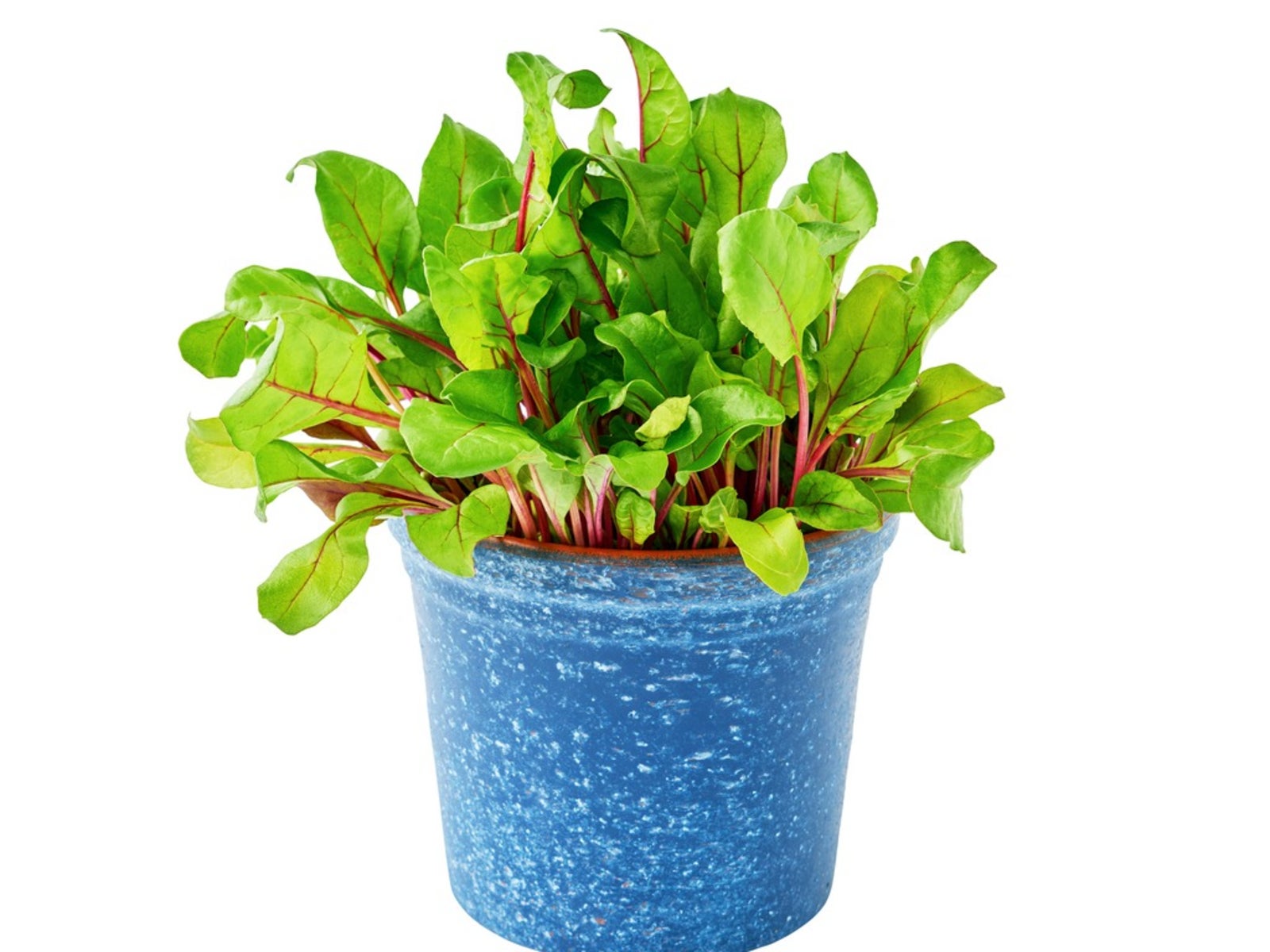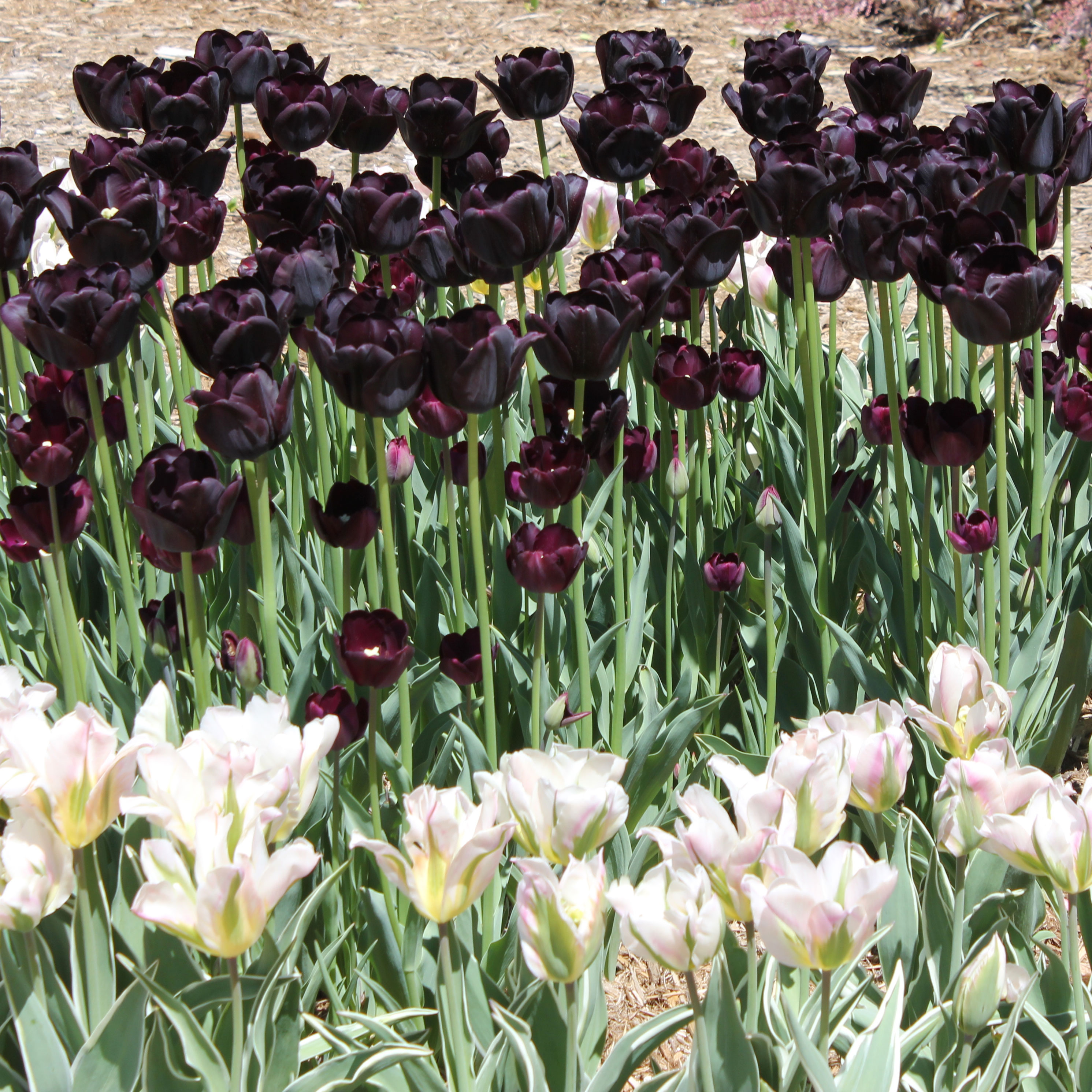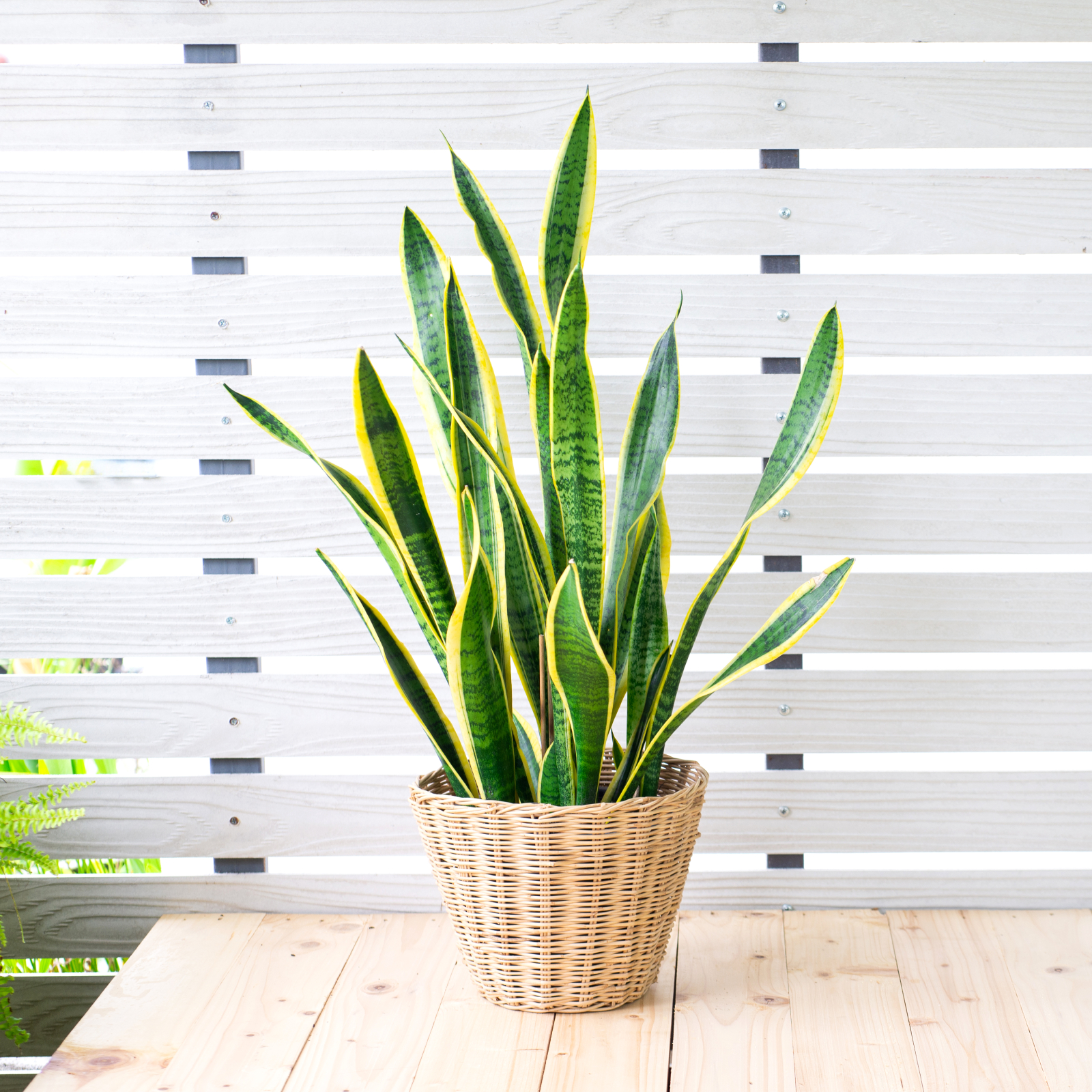Container Grown Beets: Learn About The Care Of Potted Beets

Love beets, but devoid of garden space? Container grown beets just might be the answer.
Can You Grow Beets in Containers?
Absolutely, growing beets in containers is possible. Almost anything that can be grown in the garden plot can be grown in a container, given the proper nutrients and growing conditions. Beets (Beta vulgaris) are cool season veggies that are delicious both for their tasty roots as well as for their nutrient packed leafy greens. With their sometimes bright green to variegated foliage, often with red stems and veining, beets are a colorful vegetable to grow on the patio or lanai and the care of potted beets is simple. Beets can be planted in the spring or fall, or both for a double crop!
How to Grow Beets in a Container
First of all when growing beets in containers, pick your beet variety, of which there are a number of choices. Next, select a pot with at least 6 inches (15 cm.) of depth. Fill the pot with potting soil amended with organic matter like compost. While they are tolerant of low fertility, beets like well-draining soil with a pH of between 6.5 and 7. Propagate by seed when temps are between 50-85 F. (10-29 C.), although germination will still occur if temperatures are as low as 40 F. (4 C.) and as high as 90 (32 C.). Plant the seeds ¾ of an inch (1.9 cm.) deep and, if room in the pot or planter, in rows spaced about a foot apart. Seedlings will emerge within five to eight days or if cooler up to two weeks. You will likely have to thin the seedlings when they are 4-5 inches (10-12.7 cm.) tall. The beauty here is that you can eat the seedlings! Cut, don't pull, the seedlings out, which can damage the roots of abutting plants. Situate the growing beets in containers in full sun.
Care of Potted Beets
Your container grown beets are easy to care for if provided with water, aerated conditions and great drainage. They may be prone to boron deficiencies and too much nitrogen will encourage top growth at the expense of root development, so good soil is key. Provided adequate soil conditions are provided, beets are tolerant of low fertility and do not need additional fertilization. These biennial plants are susceptible to root rot, cercospora leaf spot, and scab, all of which can be avoided by refraining from wetting the foliage and over watering. Water at the base of the plant and keep plants thinned to allow air circulation. Beets may also be afflicted with leaf miners. The plants may need a light covering of fine netting or cheesecloth to protect them from the adult flies. Handpick and destroy and infested leaves to prevent the spread of the leaf miners.
Gardening tips, videos, info and more delivered right to your inbox!
Sign up for the Gardening Know How newsletter today and receive a free copy of our e-book "How to Grow Delicious Tomatoes".

Amy Grant has been gardening for 30 years and writing for 15. A professional chef and caterer, Amy's area of expertise is culinary gardening.
-
 Moody Blooms For Spring: 8 Types Of Black Flowers To Add Drama To Spring Displays
Moody Blooms For Spring: 8 Types Of Black Flowers To Add Drama To Spring DisplaysFrom midnight burgundies to inky violets, several types of black flowers can enrich and embolden a spring display. Try these brooding bloomers for a moody garden
By Tonya Barnett
-
 Can Snake Plants Live Outside? Everything You Need To Know For Snake Plants Al Fresco
Can Snake Plants Live Outside? Everything You Need To Know For Snake Plants Al FrescoSnake plants can live outside given the right conditions, but be careful that they don't take over! Learn the best way to use snake plants in your landscape.
By Mary Ellen Ellis